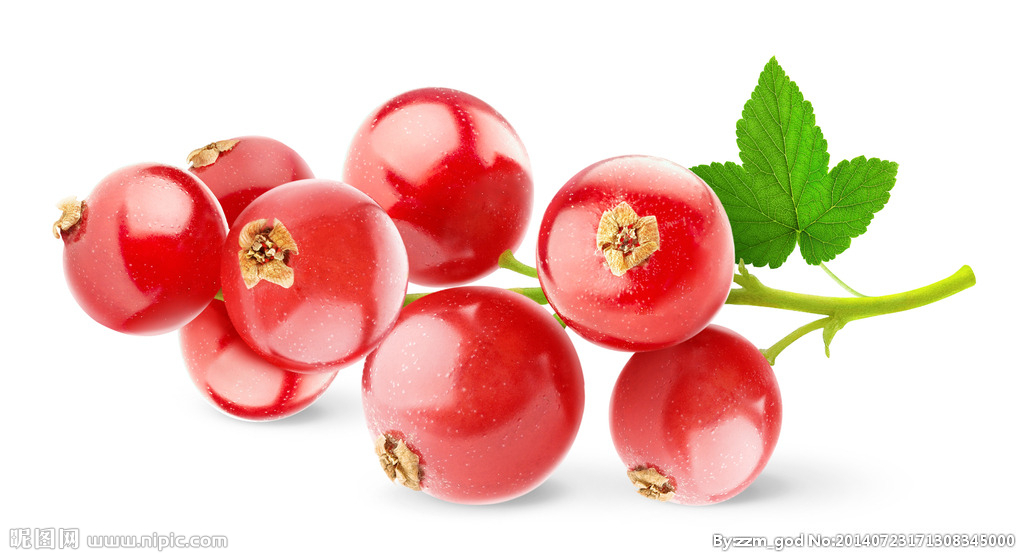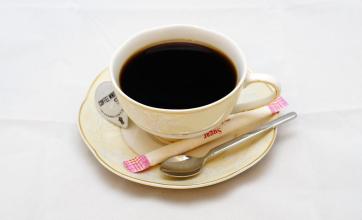Yemeni coffee flavor characteristics Introduction Yemeni coffee estate
The Yemeni mocha coffee has distinct taste characteristics, special taste and varied levels. It has a strong sour taste, a pleasant fruit acidity, and an obvious chocolate taste. The stronger the coffee is, the easier it is to taste the chocolate. Therefore, in order to better understand the unique taste of Yemeni mocha coffee, people now add hot chocolate to make fancy mocha coffee.
Mocha beans are smaller, rounder and light green than most coffee beans, which makes mocha beans look more like peas. Mocha coffee beans are similar in shape to Ethiopia's Harald coffee beans, with small particles, high acidity and a strange and indescribable spicy flavor.
The price of Yemeni coffee in the international market has not been low, mainly because Yemeni coffee is very popular in countries and regions where "Turkish" coffee is popular. In Saudi Arabia, the Yemeni mocha is so spoiled that people there are willing to pay a high price for low-quality mocha coffee. This special love of mocha has kept the price of mocha coffee high in the world coffee market although Ethiopia was the first country in the world to find coffee, however, Yemen was the first country in the world to produce coffee as a crop on a large scale. In the 17th century, the first Yemeni coffee was exported to Europe through the ancient small port of Mocha, which is the origin of the name Mocha coffee. Ethiopia, across the sea from Yemen, also sells coffee through the port of Mocha, so Ethiopian sun-treated coffee is often referred to as mocha (such as Harald ETHIOPIA HARRAR, Ethiopia). The Yemeni mocha is the originator of the coffee trade of the World Office, and has played an important role in promoting delicious coffee all over the world. It was called "Arabia" in the 17th century, which is the origin of the name "Arabica". This is the oldest coffee in the world-- Yemeni mocha coffee.
Origin: Yemen
Grade: excellent
Particles: full
Acidity: slightly sour and strong aftereffect, but also sweet
Evenness: relatively stable
Baking: medium
Flavor: chocolate, slightly alcoholic, spicy

Important Notice :
前街咖啡 FrontStreet Coffee has moved to new addredd:
FrontStreet Coffee Address: 315,Donghua East Road,GuangZhou
Tel:020 38364473
- Prev

Ginseng (Kemgin W2) 90 + Ethiopia Waliga) SidamaYirgacheffe
Ninety Plus, translated directly means 90 +, or more than 90 points. Friends outside the industry may not understand that a coffee bean of more than 90 points means it is close to perfect for coffee lovers. Whether we are talking about the cup score or the evaluation score of Coffee Review (www.coffeereview.com), it is a hard-won honor. Ginseng (Kemgin W2)
- Next

Introduction of Yunnan boutique coffee beans introduction of flavor and taste of Yunnan small grain coffee manor
Coffee is a kind of beverage crop with high economic value, which is called the three largest beverages in the world together with cocoa and tea, and its output and consumption ranks first among the three beverages. Coffee is rich in protein, fat, sucrose, starch, glucose, caffeine and other substances, rich aroma and delicious taste. Coffee is a perennial evergreen shrub or small tree of the genus Coffea of Rubiaceae. It has many species and is widely used.
Related
- Detailed explanation of Jadeite planting Land in Panamanian Jadeite Manor introduction to the grading system of Jadeite competitive bidding, Red bid, Green bid and Rose Summer
- Story of Coffee planting in Brenka region of Costa Rica Stonehenge Manor anaerobic heavy honey treatment of flavor mouth
- What's on the barrel of Blue Mountain Coffee beans?
- Can American coffee also pull flowers? How to use hot American style to pull out a good-looking pattern?
- Can you make a cold extract with coffee beans? What is the right proportion for cold-extracted coffee formula?
- Indonesian PWN Gold Mandrine Coffee Origin Features Flavor How to Chong? Mandolin coffee is American.
- A brief introduction to the flavor characteristics of Brazilian yellow bourbon coffee beans
- What is the effect of different water quality on the flavor of cold-extracted coffee? What kind of water is best for brewing coffee?
- Why do you think of Rose Summer whenever you mention Panamanian coffee?
- Introduction to the characteristics of authentic blue mountain coffee bean producing areas? What is the CIB Coffee Authority in Jamaica?

